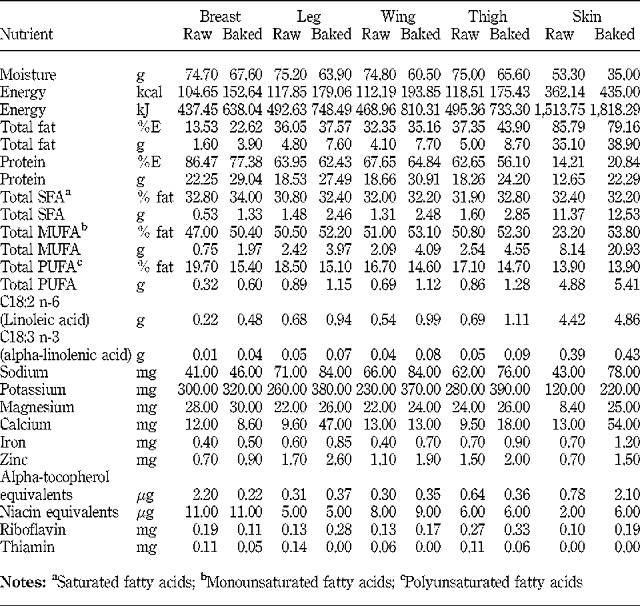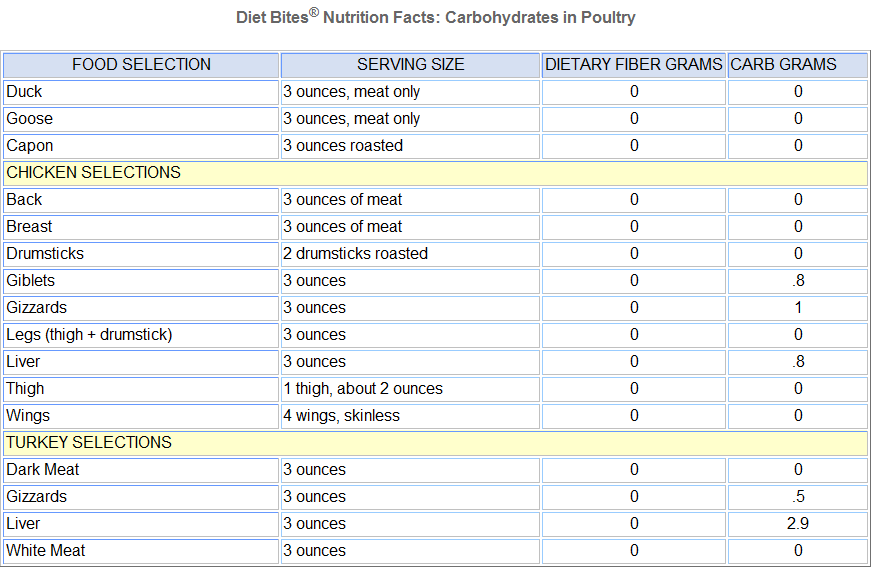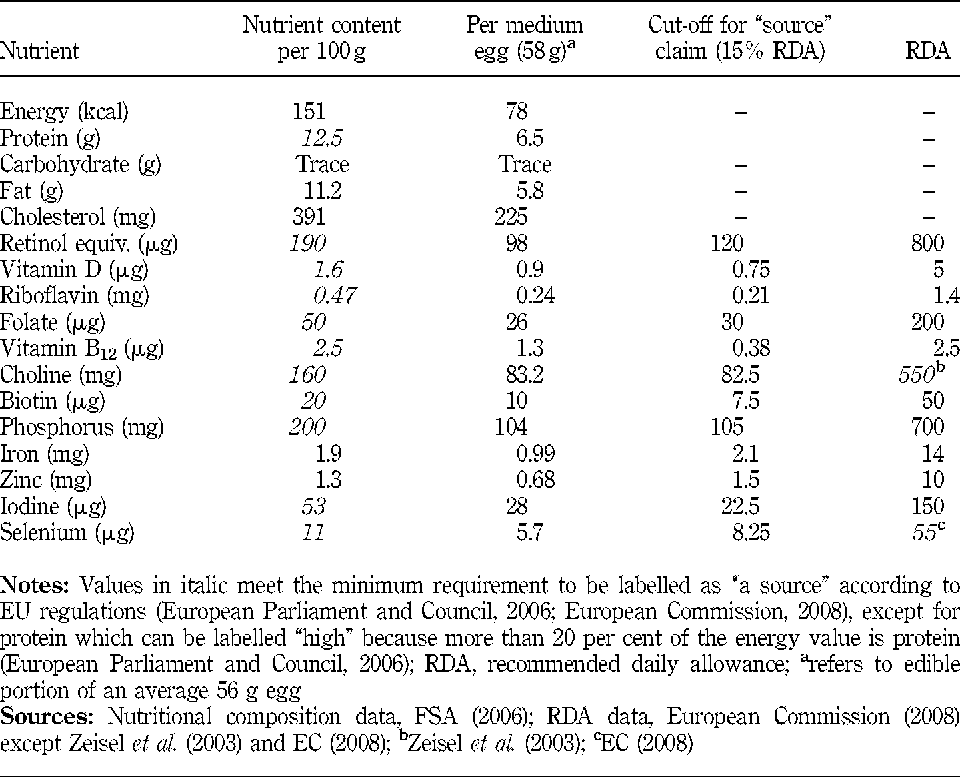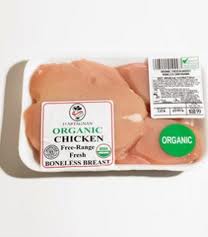Chicken happens to be the kind of poultry which is high in terms of the nutriments and all other minerals it comes to offer. In terms of the fat levels, the skinless white chicken food is the one which is best suited for those who love to exercise a control on the fats they consume. Surely, human health is best determined in terms of the minerals, vitamins and all other useful nutrients that are available in a certain poultry products. Below are some of the most useful nutrition facts about chicken meat.
Proteins
Just like the fish, beef and other meaty products, chicken is also rich in terms of the essential proteins. For each ounce of the meat that is offered, 7 grams of proteins is present. In terms of the typical portions that might be consumed, the protein supply falls around 28 grams. In short, the chicken is an all in one protein based product which can comply with all your health related needs. In addition to honing the performance of all the bodily muscles, the proteins in chicken meat is also crucial for the growth of the tissues. The protein in eggs is also one of the reason for which people prefer to use the poultry based eggs.

Calories, Carbohydrates and all Other Fats in Chicken
For those who pay a great deal of heed to the levels of carbohydrates they consume, Let me tell you that chicken meat happens to be free from them. According to the most recent nutrition data, the skinless chicken diet ensures that the least amount of fat and calories are allowed to enter into your body. On the other hand, the dark meat is marked for having some higher substantial levels of fat, which can really cause a number of physiological issues. To be precise, if you consume 86 grams of dark meat, then conversely you would be absorbing 165 calories together with 8 grams of fat. Not to forget the 2 grams of saturated fats that you would be consuming.
Vitamins in chicken meat
Chicken can be termed to be a prime source of two classes of vitamins i.e. Vitamin B3 and B6. In terms of the recommended daily value of the vitamins, a 4 ounce portion can do it all for you. The Vitamin B3, also known as Niacin, also comes to facilitate the release of the energy from the consumed carbohydrates. At the same time, it also comes in handy in elevating the formation of the RBCS or red blood cells. The role of the niacin based nutriments for the protein metabolic processes can also never be undermined. Making use of the poultry food is definitely worth your health.
Minerals
The 2 prime source minerals, phosphorous and selenium can easily be utilized by making use of a 4 ounce portion of chicken meat. Both of them come to meet nearly 16 and 30 % of the daily optimal or recommended value. The role of the phosphorous involves facilitating the durability and growth of the bones and in strengthening the cell membranes. Moreover, it is also useful in activating the b vitamins which the body requires. In addition to regulating the activity of the thyroid hormone, selenium is also crucial for the performance of the immune system.
Nutrition Facts about Eggs
The eggs happen to be a core substitute to the meat based products. They are not only low in the calorie composition, but are also desired for other basic needs. There are numerous minerals in eggs for which they are widely consumed all over the world. It is one of those versatile foods that were once shunned for the high levels of cholesterol, are now considered to be an integral component of any healthy diet for the individual.

Basic Nutriment Values
In terms of the nutrient values, one egg contains around 1 oz proteins for red meat. As specified by the US Department of Agriculture, 1 large egg helps in providing 75 calories, 5 grams of fat, 6 grams of proteins, 63 mg of sodium and around 213 milligrams of cholesterol. Moreover, the eggs also happen to be high in terms of the B2 vitamins which they offer. At the same time, the egg yolks have also been proved to be rich in terms of having the presence of 2 antioxidants including zeaxanthin and lutein. Eggs are also considered to be an efficient source of trace minerals including selenium, iodine and molybdenum.







Very helpful compilation – thank you for this information!